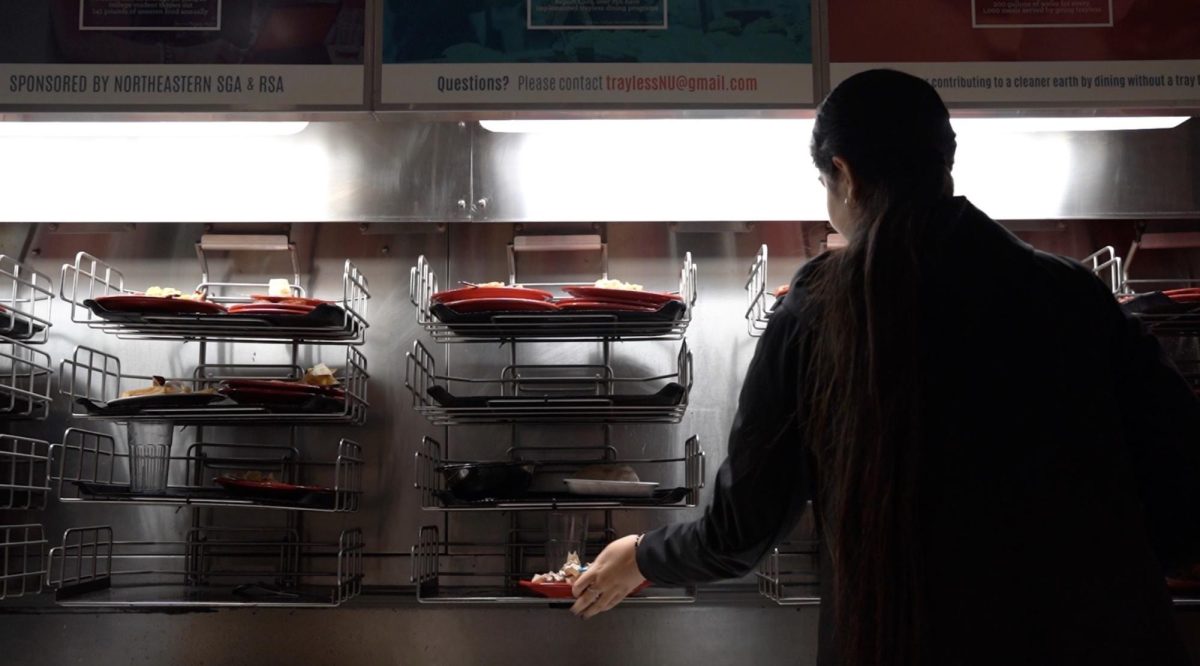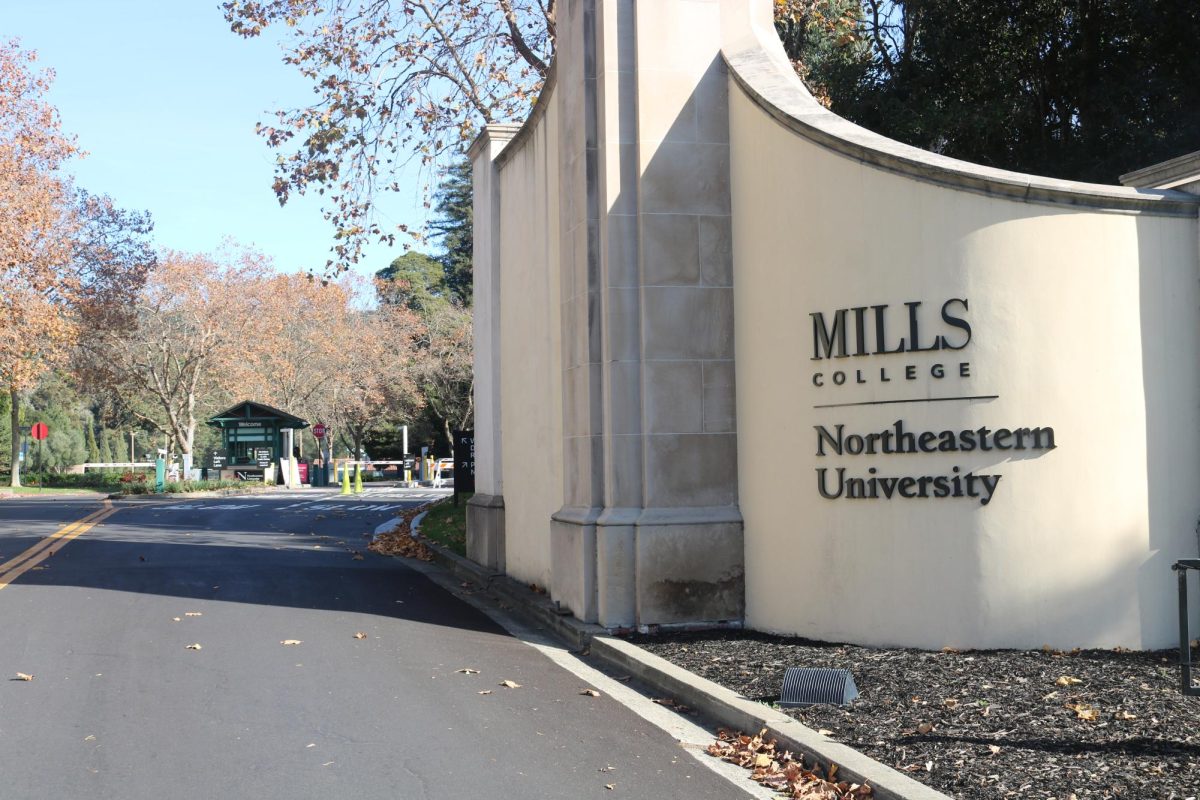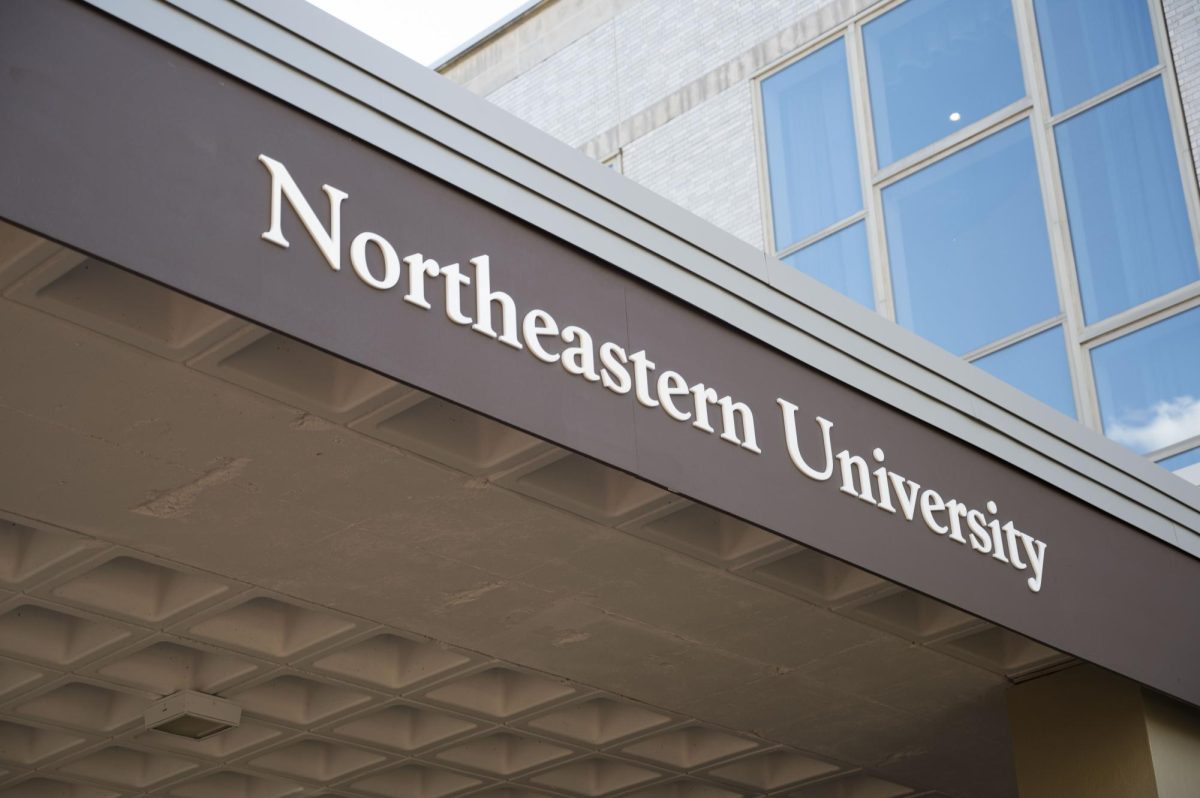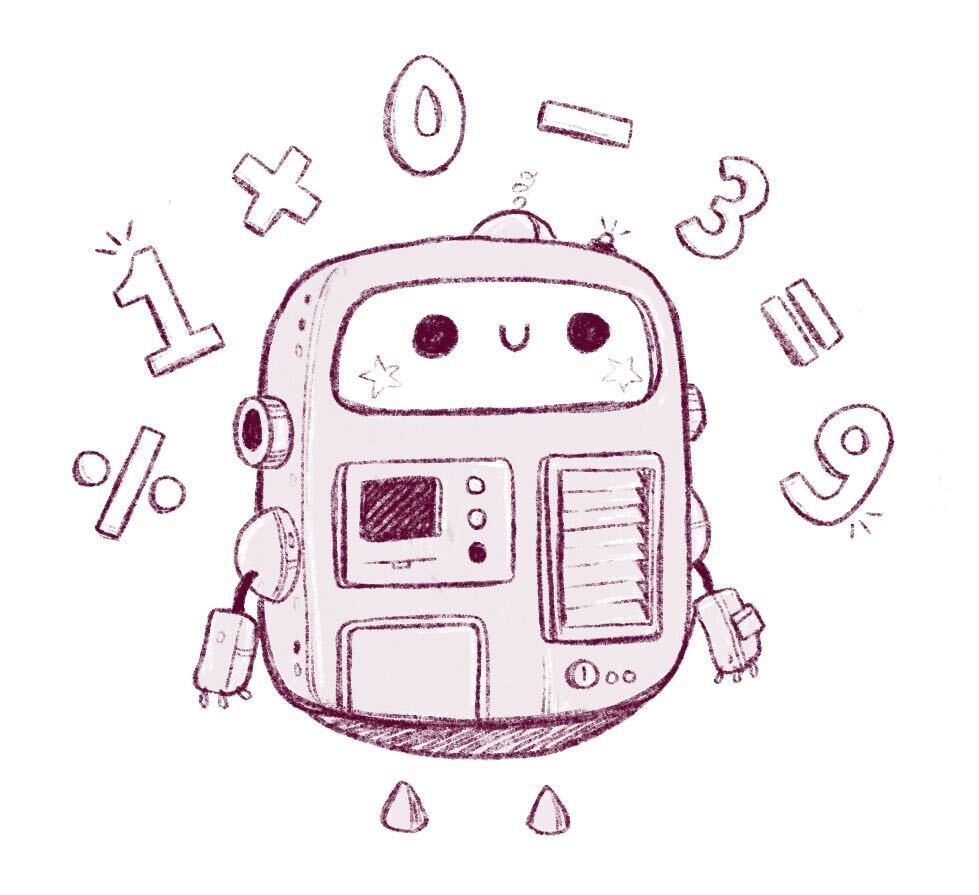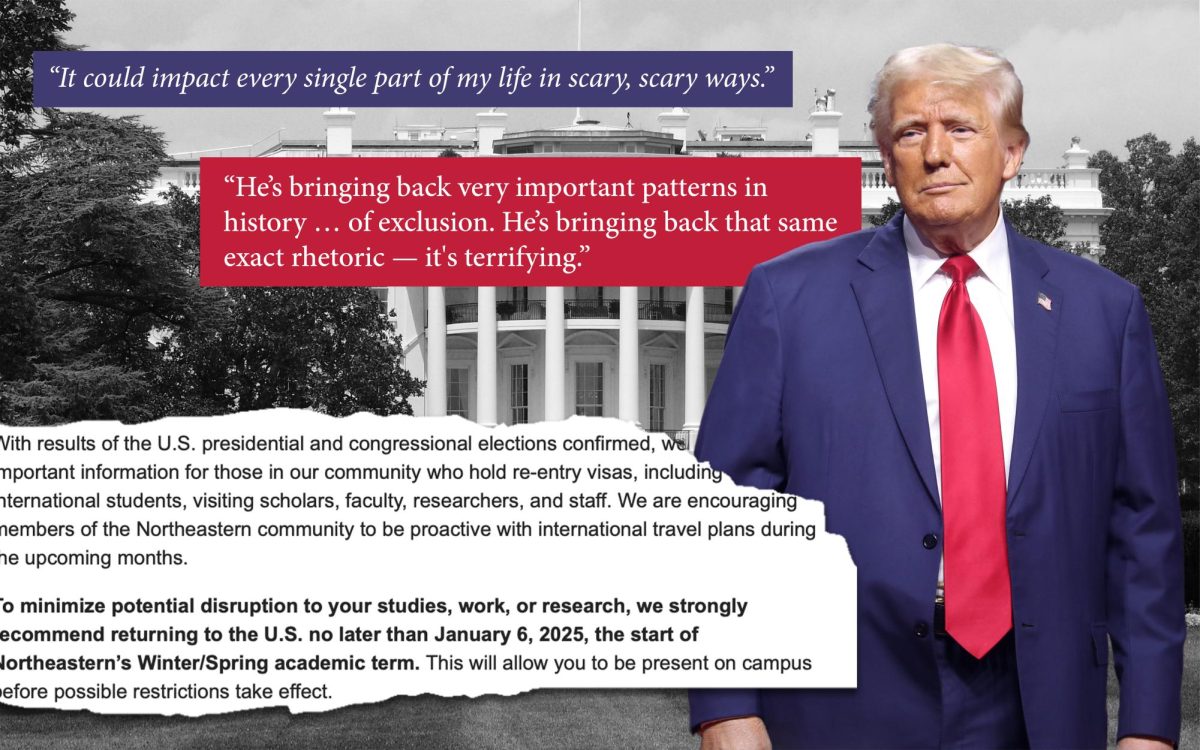The Central Square T-stop area in Cambridge represents many things to many different people. A middle-class neighborhood with a blend of white-collar and blue-collar elements, it is also the origin of two stories from two different people.
A young boy named Nat grew up in this area. A reckless youth, he spent much of his time on rooftops in the Copley area throwing bottles down on passersby. On one occasion, he and his friends went so far as to put a shovel through the rooftop of a limousine. When he wasn’t doing that, he could usually be found experimenting with some drugs and dealing marijuana, or getting his friends in the homeless shelter to buy him other paraphernalia.
“I used to sell dimes to the cafeteria chef for free lunches,” he said. “And I used to know this transvestite Lola, who bought me beer and cigarettes everyday after school.”
Throw in a high-speed chase with the police and the time he ran away from home for almost four weeks, and it seemed as if Nat was destined for failure. Granted, he was a pretty good soccer player, but that didn’t really mean too much at the time.
There was another boy that grew up in the same neighborhood as Nat. The oldest son of Bruce and Alice Houghton, Nate was an intelligent boy who began school at the age of four. A scrapper in every sense of the word, he was bullied by his classmates, most of which were a full year older than him. Like Nat, he also was a talented athlete, and used that as an equalizer against his peers. He would eventually attend Northeastern University, and work his way up to captain of the men’s soccer team. It wasn’t without a struggle, however; after all, he and Nat were one in the same. Somebody had to clean up all of Nat’s mistakes; it made sense for him to do it himself.
“I was never ignorant,” he said. “But I always had poor judgment.”
That poor judgment may explain how he ended up at Northeastern in the first place. Houghton cared little about academics while attending Buckingham, Brown ‘ Nichols high school, pulling mostly D’s and F’s. He scored in the 1200 range on his Scholastic Aptitude Tests, but four colleges rejected his application. Only one, Hartwick College in upstate New York, accepted him only because he could play soccer. A city kid all his life, he found adjustment to rural life difficult.
“I went, and only screwed up some more,” he said. “All I did up there was drink and smoke.”
Was there anything up there that he appreciated?
“They had a Wal-Mart,” he cracked.
Houghton did not make the soccer team, and settled for the junior varsity squad instead. After suffering in the classroom, he would also lose his academic scholarship.
It was here that Nate started to right Nat’s flaws. Dennis Franzac, a former assistant soccer coach on the Northeastern team, was Houghton’s club soccer coach when he played for the Boston Eagles. He called Houghton up in the spring.
“[Franzac] told me to get my papers set in a week, because we want you to play soccer here,” Houghton recalled.
From there, Nate moved to Melvin Hall, and joined the soccer team on no scholarship. It was here that he says he “met some real people, and got my act together.” Houghton no longer smokes, and, at 22, only drinks on occasion. He doesn’t fight anymore either, except when on the soccer field. Houghton has played soccer since he was four, and still brings Nat onto the soccer field with him on every play.
“I love [soccer],” he said. “I have thought about this before. From a psychological standpoint, I think I have a lot of suppressed anger. It doesn’t really carry over to real life, but on the field it’s channeled through intensity and a dedication to win.”
His actions back his words. He claims not to feel pain when he goes out on the field, as adrenaline and Advil suffice for all the relief he needs when competing. A separated shoulder suffered against Albany last October was supposed to knock him out for the remainder of the season; instead, he was practicing again within a week, and playing in games after two. This season, it is a severe heel injury that even Houghton admits causes excruciating pain.
“Against the University of Vermont it hurt so much,” he said. “When the ball went out of play, it would kill. Once the ball went back in play, I felt nothing. After we won that game, I was half-crying in pain and in joy. When we scored the winning goal, everyone was jumping around. I just sat down and took my shoe off.”
Moments like these have earned him the respect of his coaches and his peers.
“Nate is the captain,” said head coach Ed Matz. “Over the last four years, he has brought a lot of heart, and a pure desire to win.
“He gives a hundred percent in practices and in games. He’s just a great kid. Since he’s entered our program, he’s typified what Northeastern men’s soccer is all about. He is the prototype for what we want.”
Despite this acclaim, Houghton cares nothing for it. “I don’t need to be remembered; that’s cool,” he said. “I think people will remember you the way they want to.
“If people want to remember me in a negative way, they can, because I’ve done some dumb stuff.”
To this day, Houghton is gracious for the opportunity the sport gave to him.
“Soccer saved my life,” he said.
Yeah, his and Nat’s both.


